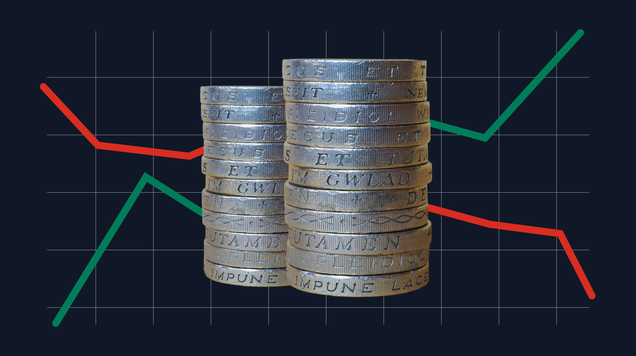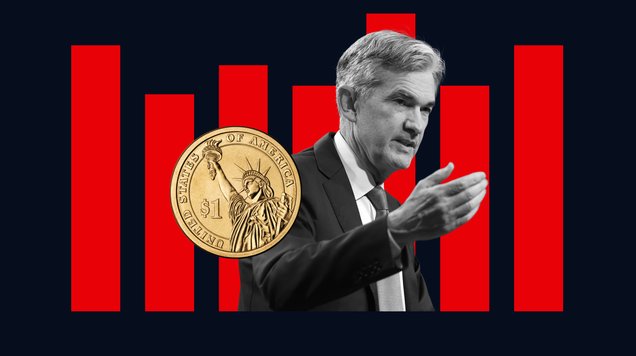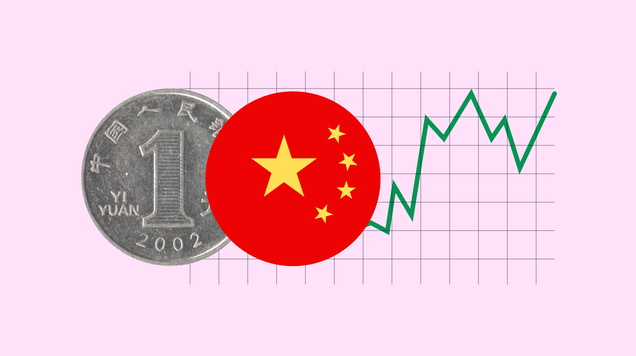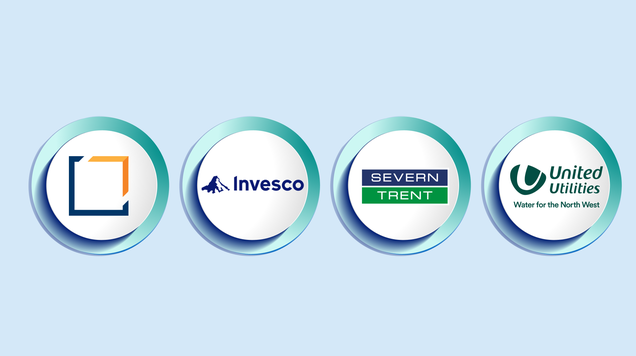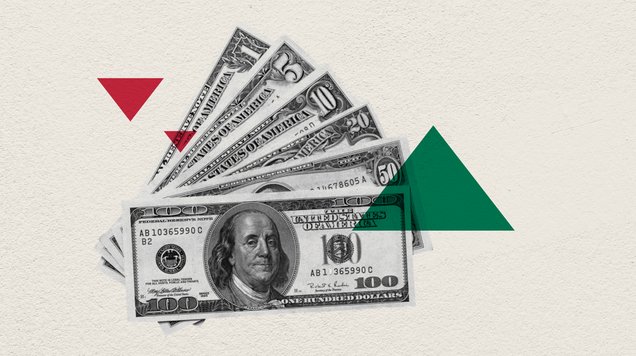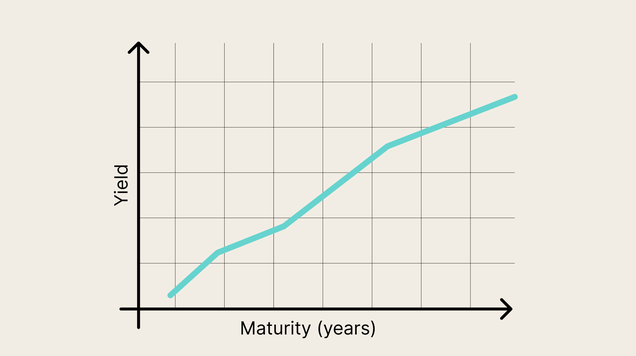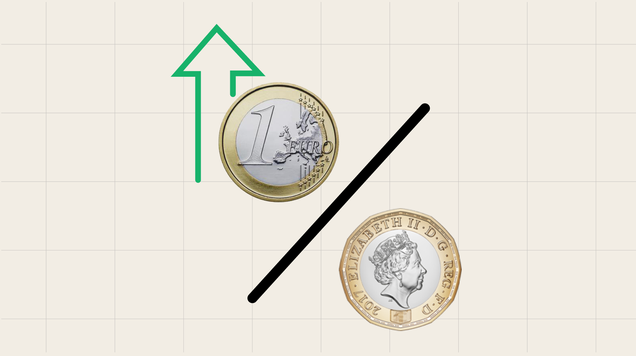A Guide for First-Time Investors: What Is a Mutual Fund?

Investment opportunities have diversified in recent years. As markets shift and technologies advance, emerging investment opportunities now include green energy, cryptocurrency, blockchain and other new assets. Although new investments can be appealing for the momentum they create, traditional investment vehicles still draw attention.
One of those investments can be mutual funds. But what is a mutual fund exactly?
What Are Mutual Funds?
A mutual fund is a financial vehicle that pools money from different investors. A professional money manager oversees this financial vehicle and, depending on the goal, invests the money in a mix of stocks, bonds and other securities. Investment decisions are made on behalf of the investors.
Investors (sometimes called shareholders) invest in certain money market instruments and benefit from the shared investment costs (including transaction fees and operating expense ratio) and professional management.
Mutual funds are a good option for investors who want to start building wealth through this vehicle for the following reasons:
- Diversification
- Professional management
- Affordability
- Liquidity
How does a mutual fund work?
When you buy a share in a mutual fund, you become part-owner of the fund’s underlying assets. The fund manager determines how to spread the money across industries, sectors and companies, choosing which companies to buy stocks from and when to sell. They are guided by the fund strategy.
The fund's performance depends on the market's performance; if stocks are up, the fund does well, and conversely, if stocks are down, the fund’s performance is down.
Types of Mutual Funds
Mutual funds come in many types, but typically fall into four broad categories. When you’re investing in a mutual fund, consider these four types:
1. Money Market Funds
This form of mutual fund is considered low-risk and focuses on short-term debt instruments, like Treasury bills. The returns, however, are not going to be substantial. You might get a return that’s a bit more than what you would get from a savings or checking account, and less than what you might expect from a certificate of deposit.
2. Equity Funds
Equity funds are sometimes referred to as stock funds because the money is invested in the equity or stock of companies. This type of fund is defined by the size of the company being invested in: small-cap, mid-cap, or large-cap. Sometimes, the investment is named after the approach or goal: income-oriented, growth, value, etc.
3. Index Funds
Index funds aim to mirror the performance of a certain market index, such as the S&P 500, NASDAQ, or FTSE 100 (UK 100 Index). There are market-cap (traditional) index funds, which track indices that weight companies based on their market capitalisation, and factor index mutual funds, which track indices that weight holdings based on dividends, adjusted sales, cash flow, stock buybacks and other economic factors.
The mutual fund uses a passive strategy and does not require extensive research from analysts. Although it is cost-sensitive to investors, the index fund is known to outperform other actively managed funds.
4. Target Date Funds
Also called the ‘set-it-and-forget-it’ fund, this type of mutual fund is appropriate as a retirement investment. Specific dates, like 2050 or 2080, are often attached to the name of the fund.
The strategy typically begins with aggressive investing in stocks, bonds and other assets. Over the years, it becomes more conservative, adjusting the mix of assets to limit risks and protect the investments from market fluctuations.
How to Invest in a Mutual Fund
Although investing in a mutual fund seems straightforward, no investment is without risk. You can, however, minimise your exposure to risk by being informed.
Where do you begin?
- Consider your options for mutual funds. Your company might offer one, so ask around before looking elsewhere.
- Choose mutual funds that match your investment goals and appetite for risk. Also, find out about the minimum investments and fees associated.
- Remember that past performance does not predict future returns. How the fund performs during volatile market conditions, however, can tell you whether it’s a risky investment.
- Understand the fees because every fund will have different expenses. Some funds might require 2% for operating expenses, but the same type of fund from a different broker might offer 1.5%. The fees you pay will impact your returns.
- Read the prospectus. Every investment vehicle comes with an information packet about its objectives, strategies, risks, performance and expenses. Regulators require funds to provide a prospectus as well as shareholder reports to investors. If you’re not clear about the information, talk with a financial advisor about your concerns.
- Always make sure your investment adviser or money manager is registered with the relevant regulatory body.
Are Mutual Funds Right for Your Portfolio?
Mutual funds are a common type of investment, offering you an affordable option to access a variety of asset classes. Its cost-effective diversification also limits your risk. Depending on the type of fund and strategies associated with it, your returns may not be immediately substantial.
Weigh the pros and cons of this investment vehicle. Consider your fund options carefully, and be an informed investor.
Want to learn more? Explore our financial education articles today.
